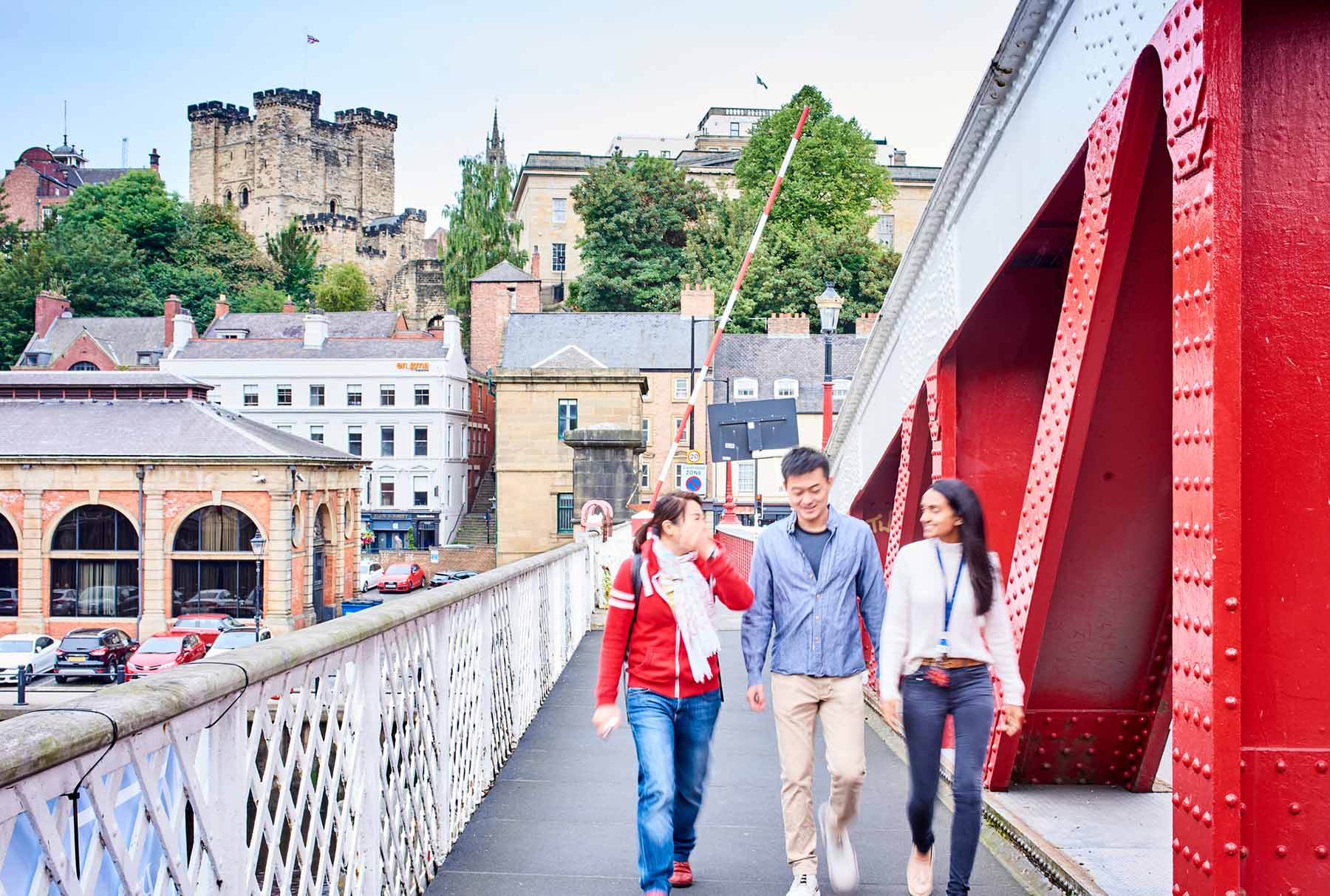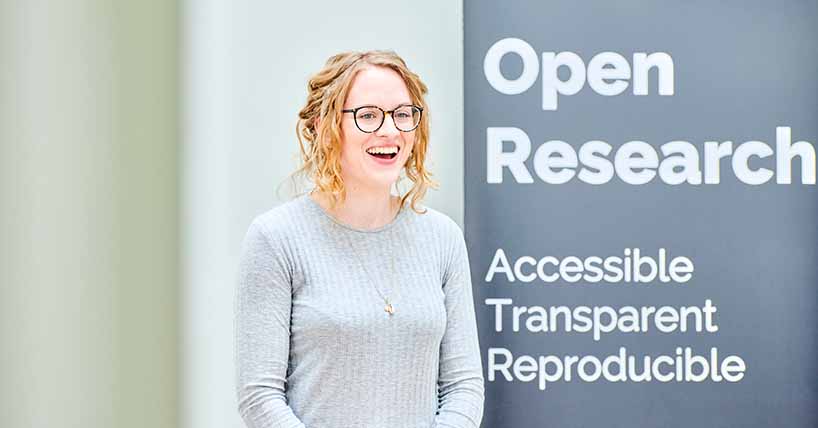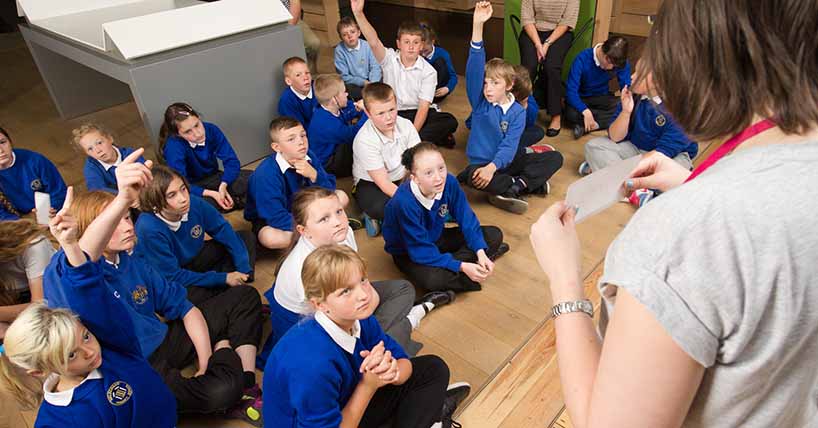Further Study
Undertaking further study involves a commitment of time and finance. Think about your motivations before pursuing a masters, PhD or other course of study.
Why further study?
There can be many positive reasons to pursue further study, including:
- to pursue your interest in a particular subject
- to improve your career prospects or change career direction
- as a requirement for a particular career - medicine, dentistry, law, teaching
- a desire to work in academia
- to develop a new skill or for personal enjoyment or satisfaction
If you are considering further study for any of the following reasons, you might need to consider your decision more thoroughly:
- feeling unready for a job - will you feel ready after further study?
- because your tutor/parents recommend it - you have to complete the course, not them
- to extend student life - life as a postgraduate is more demanding
If you are struggling to decide if further study is for you, you could book an appointment with a Careers Consultant.
In this section you will find information and advice on applying for and funding a masters or PhD. Our information includes specific advice on further study routes for medicine, dentistry and teaching.





